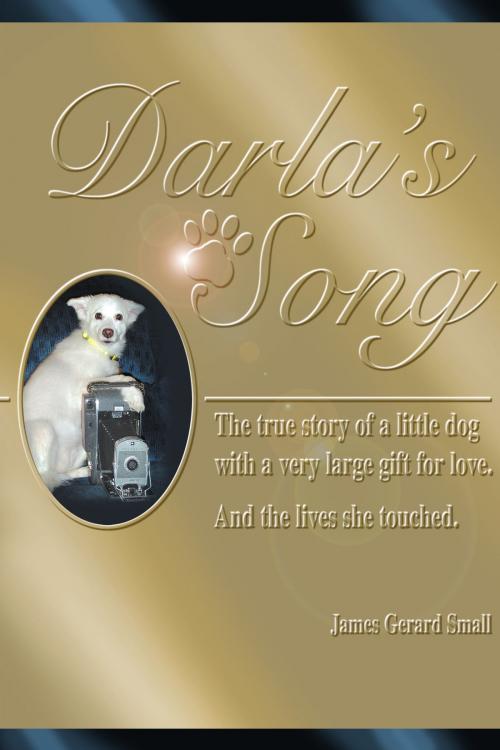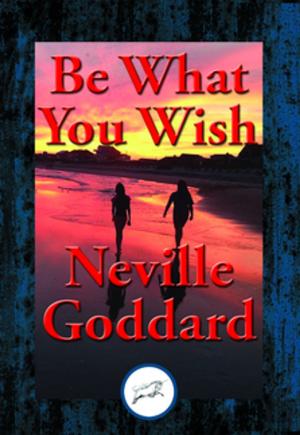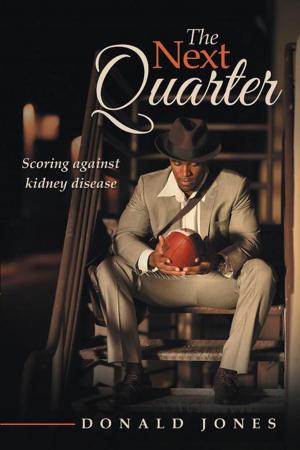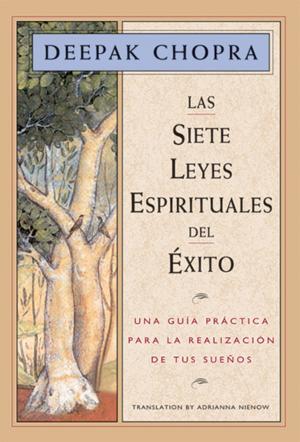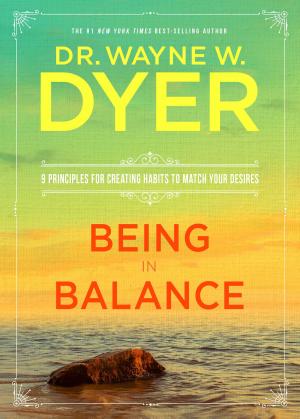Darla's Song
Biography & Memoir, Philosophers, Nonfiction, Health & Well Being, Self Help, Self Improvement, Motivational| Author: | James Gerard Small | ISBN: | 9781301016570 |
| Publisher: | James Gerard Small | Publication: | May 4, 2013 |
| Imprint: | Smashwords Edition | Language: | English |
| Author: | James Gerard Small |
| ISBN: | 9781301016570 |
| Publisher: | James Gerard Small |
| Publication: | May 4, 2013 |
| Imprint: | Smashwords Edition |
| Language: | English |
MOST WRITTEN STORIES, TRUE OR NOT, start at the beginning or the end. The former is understandable from anyone’s viewpoint; it’s a fairly standard narrative process. The latter is often used for purposes of creativity, pathos, or some other literary device the author felt important to the telling of the tale.
"Darla's Song" is a true story of a discarded senior American Eskimo dog, but it has the uniqueness of starting 2/3rds the way through the story as well as at the start. The incredible creature whose story follows had a life long before her final owners met her. They knew little of the first ten years of her life. In fact, they knew just enough to pretty much validate a few presumptions about that part of her life, based on information learned second- and even third-hand, after truly getting to know her.
This is the sweet, lovely, and inspirational story of a dog who changed families at least twice, though there are no “villains” here. At worst, there may have been some misguided individuals who traveled through Darla’s life and maybe made some not-so-wise decisions. But if it hadn’t been for their actions, the people touched by this delightful creature never would have had such a special experience, only to find their lives changed forever.
So, while there are no villains, there are a lot of “heroes” in this story. Finish the book to the last page and you’ll see. Darla, herself, is the primary one, but she’s far from alone. As the once reluctant husband to the woman who adopted this "reborn puppy" told his wife: “You saved Darla – not me – I just jumped in the passenger seat for the ride and somehow incredibly ended up driving. But in doing so, I traveled with Darla down roads far more beautiful and generous than I deserved, following winding paths that brought a lost man home to who he was always meant to be. We walked most of the way, especially at the end, when we changed places and I carried Darla instead."
And, at that, humans might have had been holding the leash, but this smart, loving, sensitive creature was leading the way...all the way.
Filled with laughter, tears, and much insight into the human (and animal) heart, and told in a very personal way by the author, "Darla's Song" provides a gentle portrait of a quite unique and extraordinary "soul."
A beautiful musical ballad is composed quite carefully. The opening notes invite the listener in. The first verse lays down the meaning of the story to be told. By the time the chorus comes in, the meaning behind things becomes very clear and quite personal.
When the end of the ballad arrives, the music and lyrics have hopefully so deftly, delicately, and beautifully blended that the listener is no longer a listener but instead a true participant. They walk away knowing they have had a profound experience.
This then is "Darla’s Song."
MOST WRITTEN STORIES, TRUE OR NOT, start at the beginning or the end. The former is understandable from anyone’s viewpoint; it’s a fairly standard narrative process. The latter is often used for purposes of creativity, pathos, or some other literary device the author felt important to the telling of the tale.
"Darla's Song" is a true story of a discarded senior American Eskimo dog, but it has the uniqueness of starting 2/3rds the way through the story as well as at the start. The incredible creature whose story follows had a life long before her final owners met her. They knew little of the first ten years of her life. In fact, they knew just enough to pretty much validate a few presumptions about that part of her life, based on information learned second- and even third-hand, after truly getting to know her.
This is the sweet, lovely, and inspirational story of a dog who changed families at least twice, though there are no “villains” here. At worst, there may have been some misguided individuals who traveled through Darla’s life and maybe made some not-so-wise decisions. But if it hadn’t been for their actions, the people touched by this delightful creature never would have had such a special experience, only to find their lives changed forever.
So, while there are no villains, there are a lot of “heroes” in this story. Finish the book to the last page and you’ll see. Darla, herself, is the primary one, but she’s far from alone. As the once reluctant husband to the woman who adopted this "reborn puppy" told his wife: “You saved Darla – not me – I just jumped in the passenger seat for the ride and somehow incredibly ended up driving. But in doing so, I traveled with Darla down roads far more beautiful and generous than I deserved, following winding paths that brought a lost man home to who he was always meant to be. We walked most of the way, especially at the end, when we changed places and I carried Darla instead."
And, at that, humans might have had been holding the leash, but this smart, loving, sensitive creature was leading the way...all the way.
Filled with laughter, tears, and much insight into the human (and animal) heart, and told in a very personal way by the author, "Darla's Song" provides a gentle portrait of a quite unique and extraordinary "soul."
A beautiful musical ballad is composed quite carefully. The opening notes invite the listener in. The first verse lays down the meaning of the story to be told. By the time the chorus comes in, the meaning behind things becomes very clear and quite personal.
When the end of the ballad arrives, the music and lyrics have hopefully so deftly, delicately, and beautifully blended that the listener is no longer a listener but instead a true participant. They walk away knowing they have had a profound experience.
This then is "Darla’s Song."
